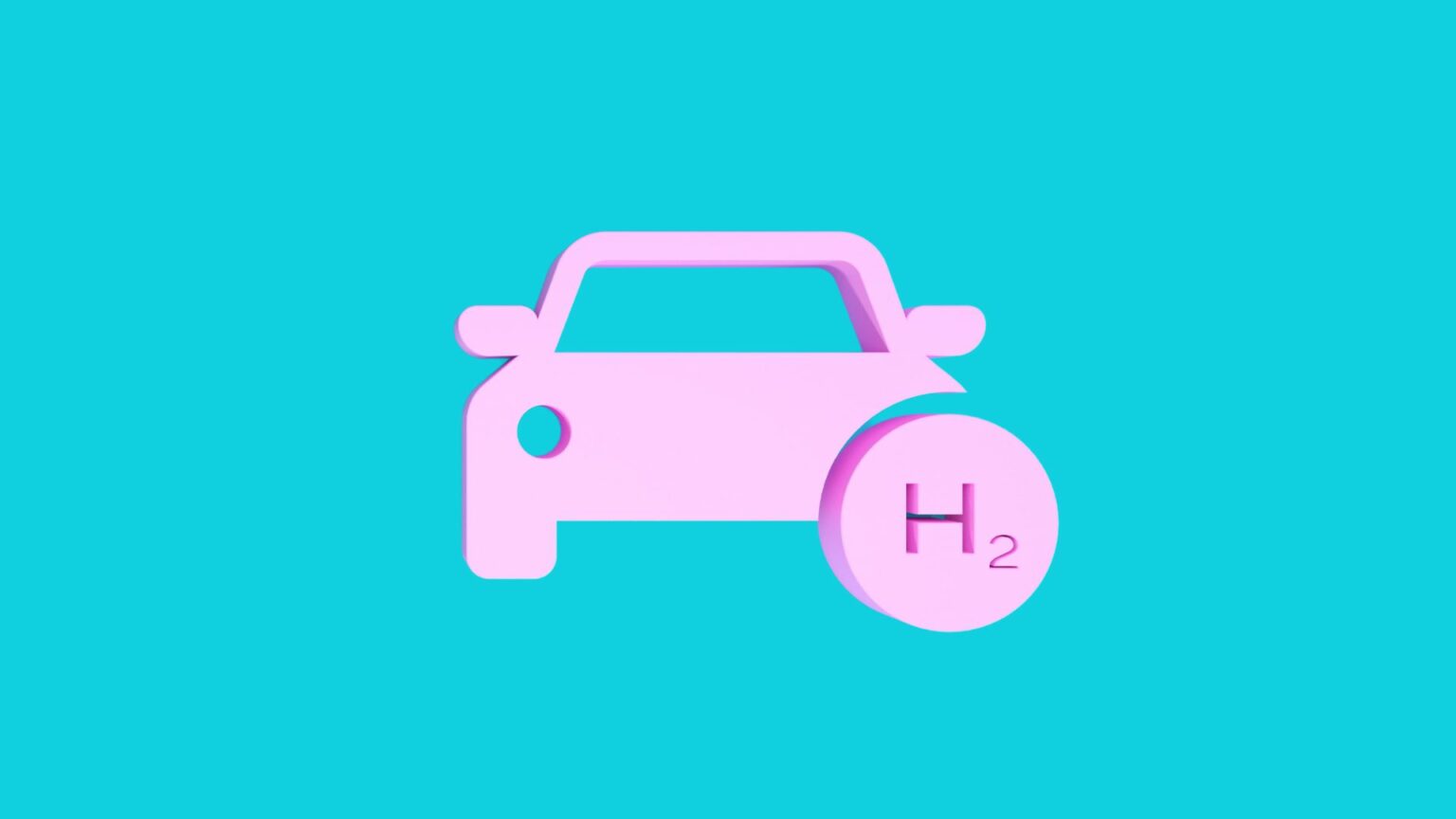BMW’s pursuit of mass-produced hydrogen-powered vehicles is at a crossroads, and its long-time partner Toyota, famous for the Mirai, has shifted its focus away from hydrogen fuel cell cars, signaling potential challenges ahead.
The collaboration between BMW and Toyota has been instrumental in BMW’s journey toward the development of mass-produced vehicles equipped with hydrogen fuel cell technology. The BMW iX5, a limited production model, incorporates technology from Toyota for its fuel cell powertrain. However, Toyota’s recent statements suggest a shift in its stance on hydrogen technology, casting a shadow over the prospects of upcoming BMW hydrogen-powered vehicles.
Hiroki Nakajima, Toyota’s technology chief, openly acknowledged that the Mirai, one of the early pioneers of hydrogen fuel cell vehicles, fell short of expectations. As a result, Toyota is shifting its focus towards hydrogen fuel cell applications in light and heavy commercial vehicles, indicating that future Toyota hydrogen vehicles may be predominantly designed for commercial use.
Several factors contribute to this shift. Light commercial vehicles often follow repetitive and predictable routes, which make addressing the challenges of limited hydrogen refueling infrastructure more manageable. Additionally, commercial vehicles have more space compared to passenger cars, reducing the impact of the fuel cell’s bulkiness on vehicle packaging. This contrasts with passenger cars like the BMW iX5, which face challenges in accommodating the larger and complex fuel cell components.
The image of the BMW iX5’s powertrain highlights the complexity of a Fuel-Cell Electric Vehicle (FCEV) system. It features two hydrogen tanks, a sizeable fuel cell, a lithium-ion battery as a buffer, power electronics, and an electric motor. This complex assembly presents challenges in integrating hydrogen fuel cell technology into passenger vehicles, as it occupies significant space and affects overall packaging.
In light of Toyota’s shift in focus, BMW’s hydrogen-powered passenger cars may face uncertainty. Toyota is actively exploring ways to downsize and improve the efficiency of its hydrogen fuel cell technology. The next generation of Toyota’s fuel cell systems is expected to be around 20% more efficient, offer improved longevity, and be more cost-effective than current models. These enhancements could potentially rekindle interest in hydrogen technology for both commercial and private vehicles.
The future direction of BMW’s hydrogen initiatives depends on the evolving landscape of hydrogen fuel cell technology and whether Toyota’s new focus impacts their collaborative efforts. BMW’s goal to develop mass-produced hydrogen vehicles may require further adaptation and innovation to overcome the challenges posed by technology, infrastructure, and market demand.
